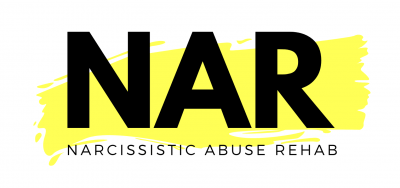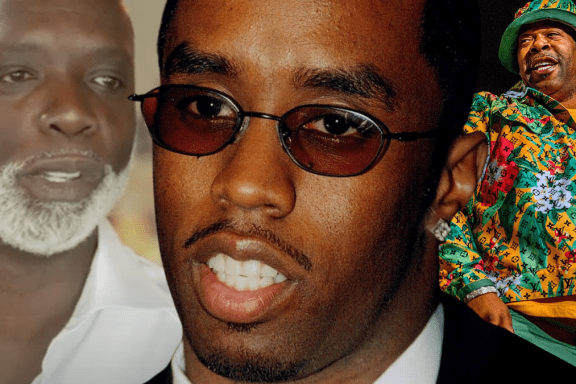A new report reveals high rates of intimate partner violence in Hawaii, with 1 in 5 residents experiencing coercive control.
Manya Wakefield
Manya Wakefield is a recovery coach specializing in cognitive behavioral therapy and coercive trauma. Her expertise has been featured in publications such as Newsweek, Elle, Cosmopolitan, and Huffington Post. In 2019, she launched the social impact platform Narcissistic Abuse Rehab, building a global audience through human rights advocacy. The same year, she published the book ‘Are You In An Emotionally Abusive Relationship,’ which is used in domestic violence recovery groups around the world. In 2020, Manya developed The Coercive Control Legislation Global Database. She is also the host of The Narcissistic Abuse Rehab Podcast, which is available on Apple Podcasts, Spotify, and Amazon.
Victoria MP Laurel Collins’ proposed coercive control legislation passes third reading in Canada’s House of Commons
Massachusetts House unanimously passes Bill H 4744 to ban coercive control and revenge porn awaiting Gov. Healey’s signature for enactment.
“Why didn’t you just leave?” is a question bystanders often ask coercive control survivors. It shows the urgent need for increased awareness.
Two more celebrities join Stevie J and DJ Vlad to support Sean ‘Diddy’ Combs who is facing sex trafficking and sexual assault allegations.
Learn about the new pricing for Narcissistic Abuse Rehab’s coaching service’s new pricing and how we’re investing in your success.
Exercise is a powerful tool to boost mood, fight anxiety, and improve mental well-being. Learn how to get started!
Uncover the meaning behind matching relationship tattoos and what they mean in the context of domestic violence.
Sean Combs’ homes raided by Homeland Security in sex trafficking probe. Investigation follows accusations from multiple accusers.
Queensland passes groundbreaking coercive control legislation to tackle intimate partner violence and femicide in honor of Hannah Clarke.










